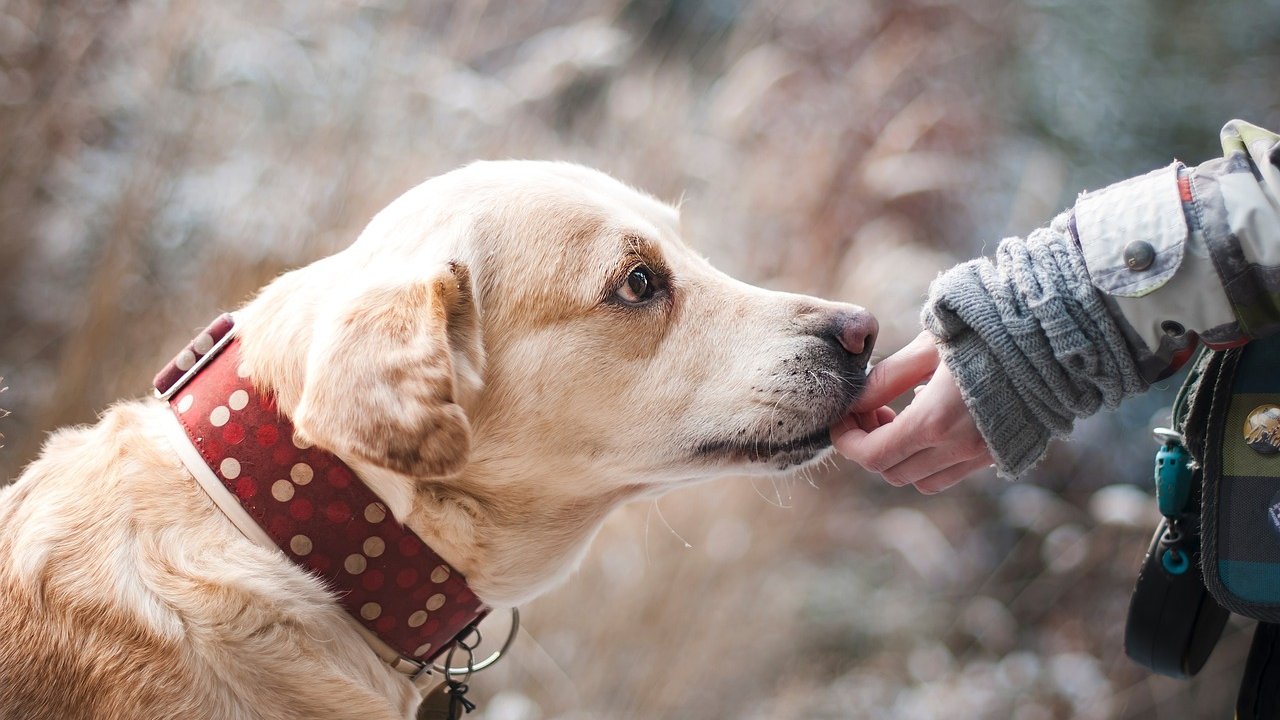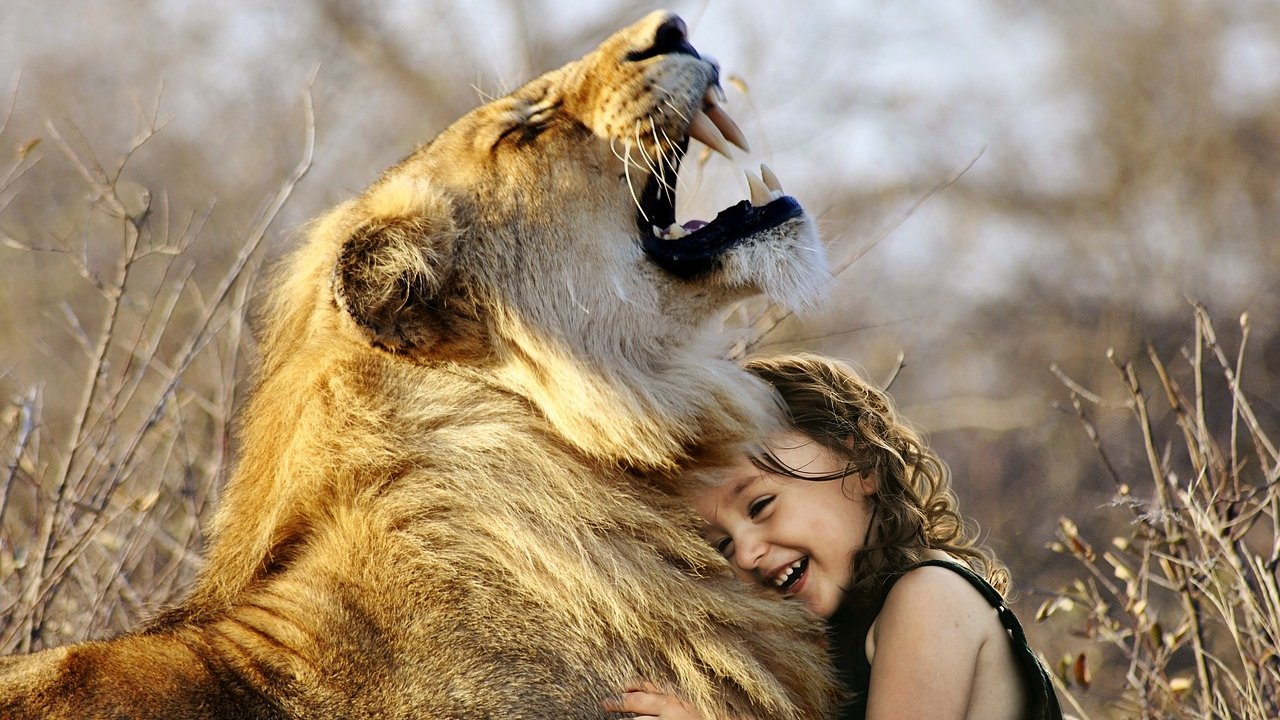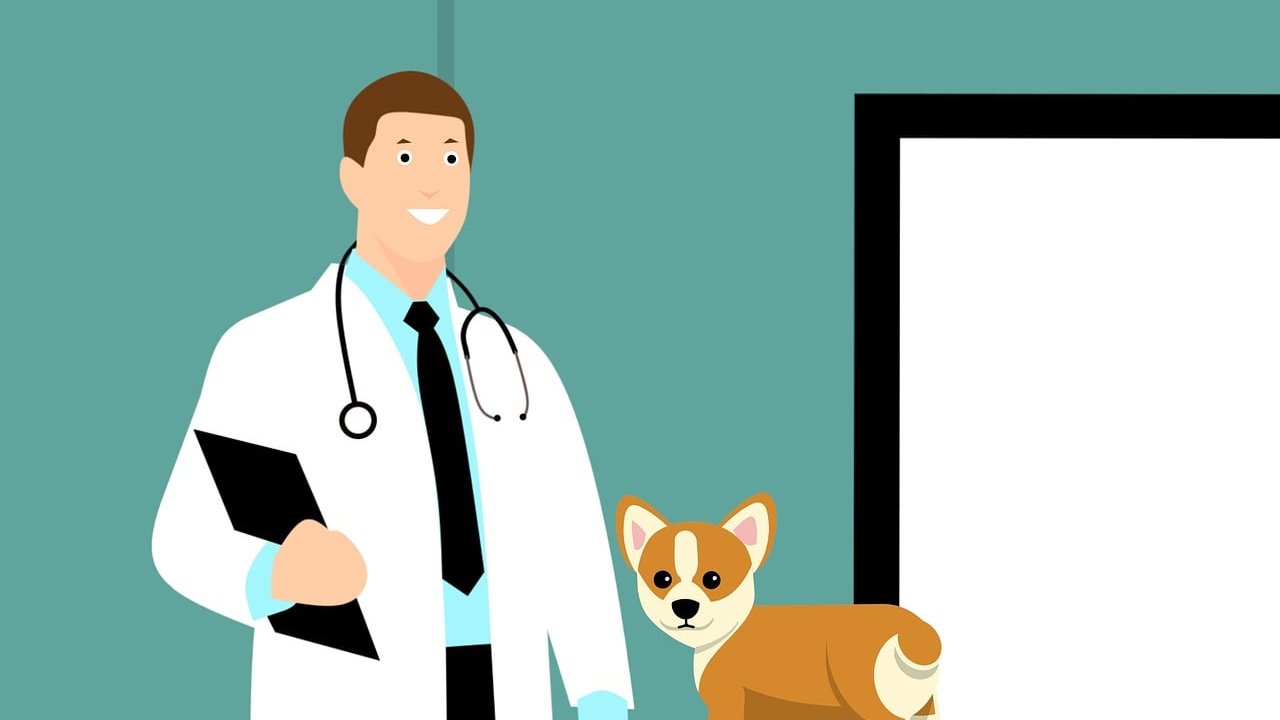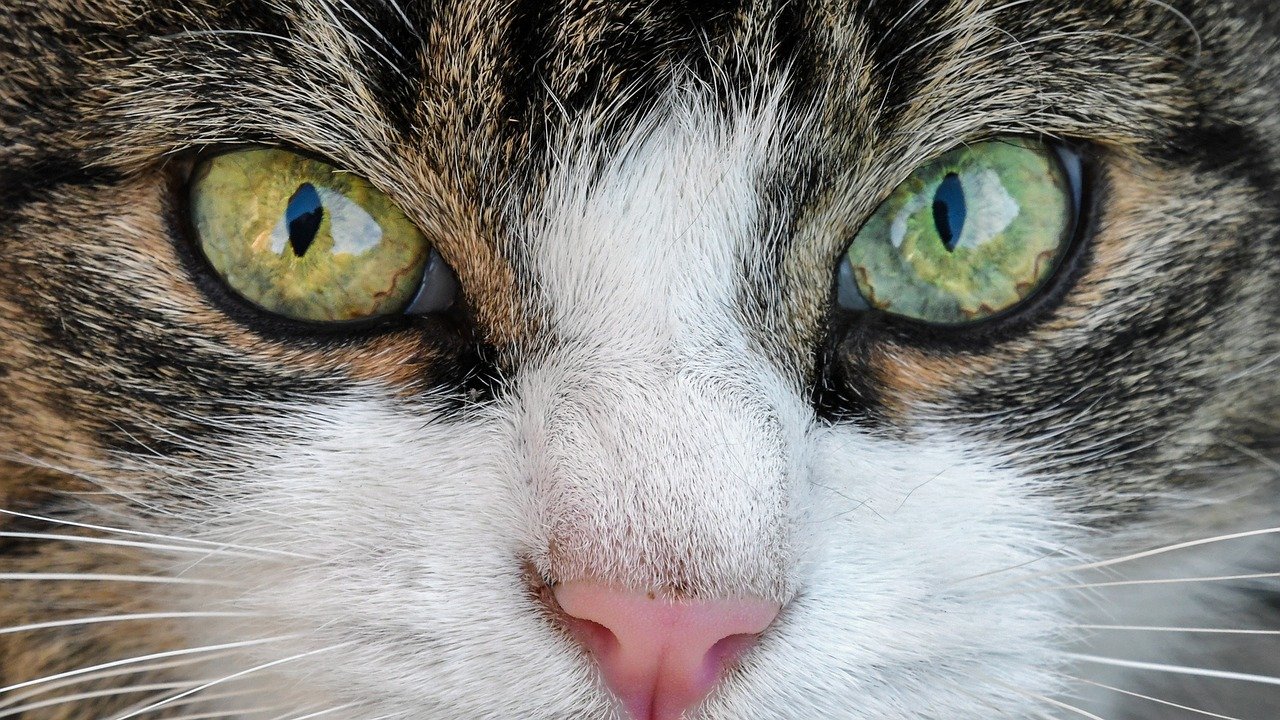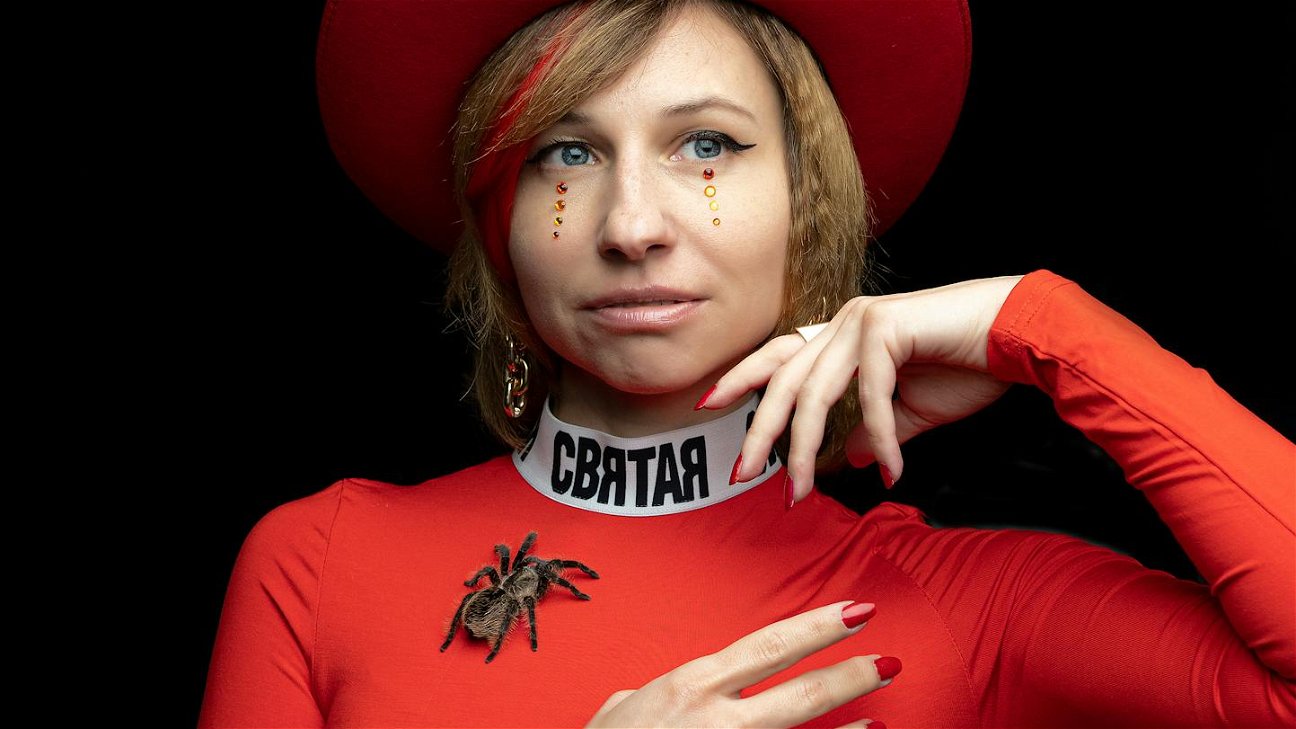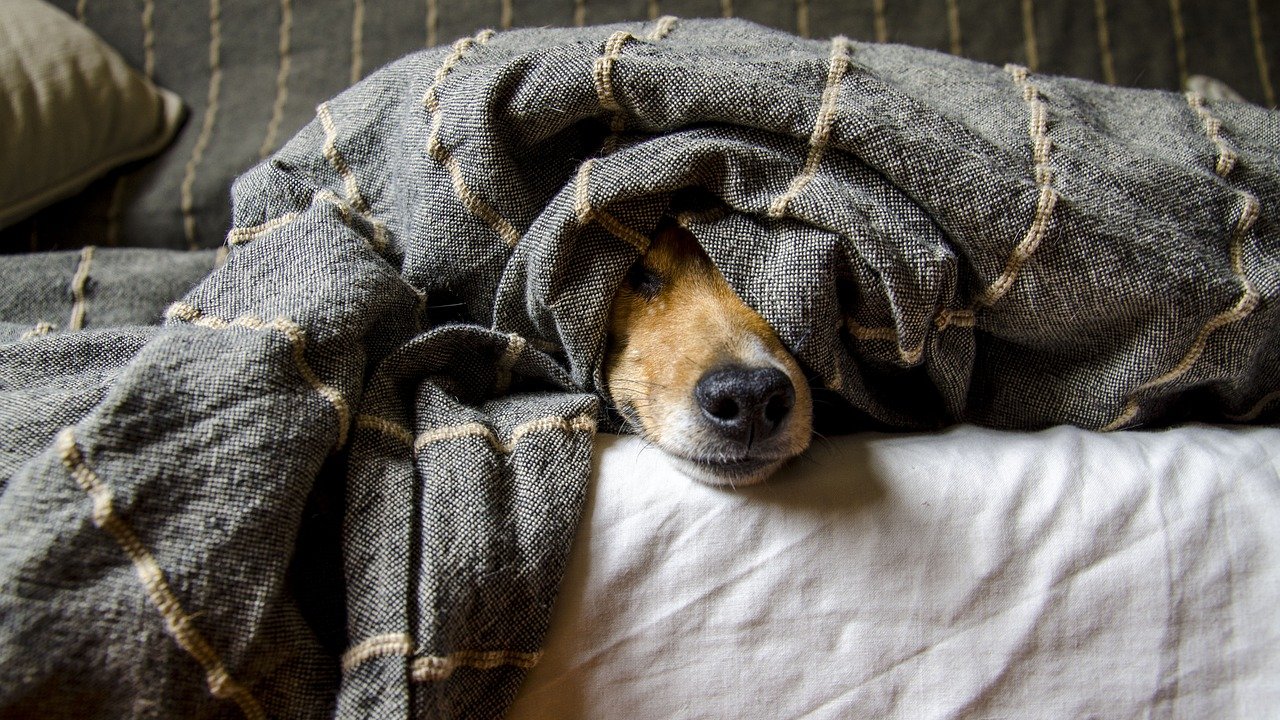
When it comes to raising a young pet, socialization is a word you'll often hear tossed around. But what exactly is pet socialization, and why is it so important? In simple terms, pet socialization involves familiarizing your young pet with a wide variety of experiences, including different environments, people, and other animals. This crucial stage in a pet's development can significantly impact their behavior and overall mental health.
What is pet socialization?
Pet socialization is the process of exposing young pets to various stimuli in their environment. This can include different people, animals, sounds, and experiences. The goal is to help them feel comfortable and confident in various situations, reducing anxiety and behavior problems down the line.
Benefits of pet socialization
Socializing your pet has numerous benefits:
- Reduces fear and anxiety: Pets that are well-socialized are less likely to be fearful or anxious in new situations.
- Improves behavior: Socialized pets are generally more well-behaved and less likely to engage in destructive behavior.
- Promotes mental health: Regular social interaction can keep your pet mentally stimulated and happy.
- Prevents aggression: Pets that are socialized from a young age are less likely to become aggressive.
Socialization periods in puppies and kittens
Puppies and kittens have specific 'socialization periods'—critical windows during which they are most receptive to learning about their environment. This period typically occurs when they are around 3 to 14 weeks old for puppies, and 2 to 7 weeks old for kittens. During this time, expose them to as many different people, pets, and experiences as possible.
How to socialize your pet
Socializing a pet takes time and patience, but the rewards are worth it. Here are some tips:
- Start early: Start socializing your pet as soon as it's safe to do so. The earlier the better.
- Go slow: Don't overwhelm your pet with too many new experiences at once. Take it slow and steady.
- Be positive: Always make sure socializing experiences are positive for your pet. Use treats and praise to reinforce good behavior.
- Mix it up: Introduce your pet to a variety of people and animals to prevent them from becoming too selective about their companions.
Pet socialization and mental health
Socialization can greatly impact a pet's mental health. Lack of socialization can lead to fear, anxiety, and other behavior problems. Meanwhile, a well-socialized pet is often happier, more confident, and less likely to develop behavior issues.
How to socialize a rescued pet
Rescued pets might have missed their early socialization period, but it's never too late to start. Be gentle, patient, and consistent. Start with small steps, like exposing them to new people and environments, then gradually introduce more complex situations like dog parks or busy streets.
Remember, socialization is an ongoing process that should continue throughout your pet's life. It's more than just a one-time event—it's a commitment to ensuring your pet's mental health and happiness.
